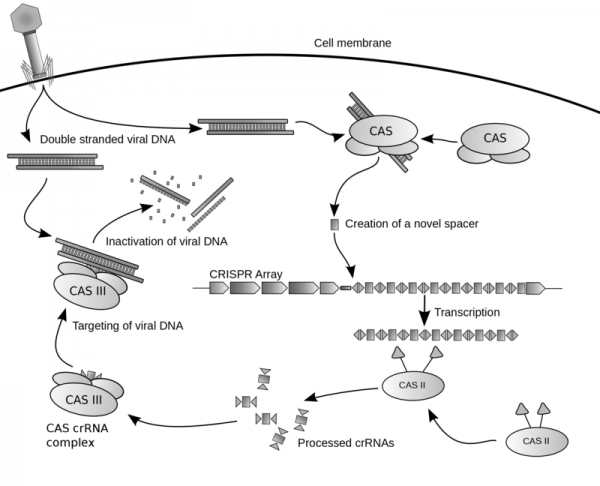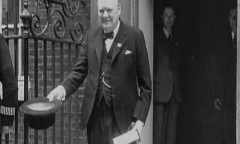By Cybelle Go, | February 17, 2017

CRISPR Patent (WIkimedia Commons)
Feng Zhang, a neuroscientist and bioengineer known for the development of optogenics and CRISPR technology, was given a rewarding victory by the U.S. patent office for his invention of a gene-editing tool.
Like Us on Facebook
CRISPR, otherwise known as clustered regularly interspaced short palindromic repeats, is bound play an important part in the field of medicine and research. CRISPR has the ability to edit DNA with precision.
CRISPR may have been a huge technological breakthrough, but the credit for who has the right to profit is still a huge issue.
Broad Institute is a joint venture of Massachusetts Institute of Technology and Harvard University. They will have control of the patent for permitting the use of CRISPR in human patients, animals and plants.
The companies who licensed the patents from Broad patents increased its value, whereas the companies based on the patent from U.C. Berkeley lost value. Depending on the outcome, billions of dollars are at stake for this investment.
Jennifer Doudna, a biochemist of U.C. Berkeley and Howard Hughes Medical Institute, discovered the biology underlying the technology in 2012. Emmanuelle Charpertier, a colleague of Doudna co-discovered the scientific breakthrough.
However, the experiments ran by Doudna and Charpertier showed that CRISPR can only cut the DNA floating in a test and did not openly demonstrate if it can be edited in actual living cells.
Broad Institute's research team, spearheaded by Feng Zhang discovered that CRISPR can be used in the editing to eukaryotic cells. George Church, a researcher of Harvard Medical School did the same thing.
The United States Patent and Trademark Office said that patents issued in Broad Institute were valid. These patents were questioned by the U.C. Berkeley for its validity.
Jacob Sherkow, an associate professor at the New York Law School, said that the patent office's decision is immense. Sherkow added that the decision rewards the most important part of CRISPR to the Broad Institute. U.C. Berkeley can still be given a chance to appeal to the court ruling and challenge the patents of Broad Institute.
-
Use of Coronavirus Pandemic Drones Raises Privacy Concerns: Drones Spread Fear, Local Officials Say

-
Coronavirus Hampers The Delivery Of Lockheed Martin F-35 Stealth Fighters For 2020

-
Instagram Speeds Up Plans to Add Account Memorialization Feature Due to COVID-19 Deaths

-
NASA: Perseverance Plans to Bring 'Mars Rock' to Earth in 2031

-
600 Dead And 3,000 In The Hospital as Iranians Believed Drinking High-Concentrations of Alcohol Can Cure The Coronavirus

-
600 Dead And 3,000 In The Hospital as Iranians Believed Drinking High-Concentrations of Alcohol Can Cure The Coronavirus

-
COVID-19: Doctors, Nurses Use Virtual Reality to Learn New Skills in Treating Coronavirus Patients










